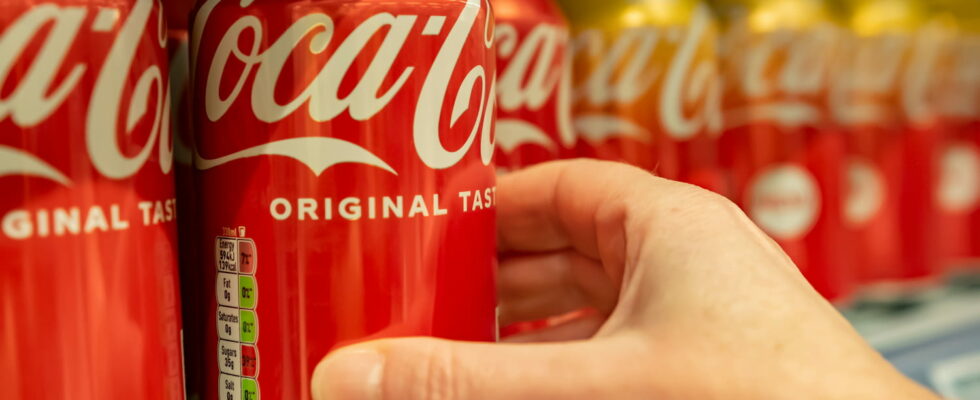This tax will be multiplied by 3 for some drinks in 2025.
More than 45 countries have established a “soda” tax including the United Kingdom, Belgium, Mexico, Morocco, Portugal, Finland, the United States … In France, this tax was introduced in 2012 under Nicolas Sarkozy (Fillon government) as part of the finance bill. It was the first time “hardened” and revised upwards in 2018. In 2025, the new Social Security Budget (PLFSS 2025) definitively adopted by the Senate on February 17, still provides “a strong increase” of the tax Soda which will be multiplied by 2 or 3 from January 1ᵉʳ 2026. Here is what will concretely change for the consumer.
What is the “soda tax” in France for?
The “soda tax” is a tax imposed by a state on sugary drinks. It is the responsibility of professionals who make, import and provide these sugary drinks to their customers (bars, restaurants, shops …), but most of them reflect them on selling prices. This tax has several goals: on the one hand encourage consumers to reduce their consumption of sugary drinks and move towards other types of products, on the other hand encourage manufacturers to reformulate their products to put less added sugars . It is also a way for the State to garner new revenues that it can allocate to the financing of public health programs. In 2023, the “soda tax” brought in 443 million euros according to figures from the union of alcohol -free drinks. In 2025, it could bring up to 800 million euros to the State. This taxation is considered by WHO as a tool to combat obesity, diabetes, cardiovascular disease and dental problems.
On what drinks does it apply?
According to the Officer siteAdministrative information for companies (service-public service), this tax applies to all sugary or sweetened drinks: sodas in bottle or cans (such as the famous coca-cola ©), light sodas, bricks or bottles of Fruit juice containing added sugars, flavored mineral or sparkling waters, energy drinks, alcoholic drinks tapped or beer without alcohol. “”The products that require a transformation carried out by the consumer before being bus (powdered drinks like coffee or preparations for breakfast, syrups, etc.), which are less likely to be consumed in large quantities, are not concerned by the contribution. The same goes for milk and soup“, specifies theNational Assembly.
What impact on the price for the consumer?
The level of taxation depends on the sugar content of the final product: the higher the sugar level, the greater the “soda” tax. Here are the new rates planned from January 1, 2026 according to the bill adopted.
Quantity of sugar (in kg of sugar added by drinking) | Price applicable from January 1, 2026 (in € per hl of drink) |
|---|---|
| Less than or equal to 1 | 3.50 euros |
| 2 | 4.09 euros |
| 3 | 4.65 euros |
| 4 | 5.23 euros |
| 5 | 6.40 euros |
| 6 | 7.57 euros |
| 7 | 8.73 euros |
| 8 | 11.06 euros |
| 9 | 13.38 euros |
| 10 | 15.70 euros |
| 11 | 18.04 euros |
| 12 | 20.36 euros |
| 13 | 22.69 euros |
| 14 | 25.02 euros |
| 15 | 27.34 euros |
| Beyond 15 | + € 2.32 / kg of added sugar |
This tax therefore has a concrete effect on the production price of drinks. For example, a liter of ice tea type ICE tea © (Lipton) contains 30g of sugar per liter (3 kg of sugar per hectolitre) and costs 4.65 cents more for the manufacturer. A liter of Coca-Cola © contains 100g of sugar per liter (10 kg per hectolitre) and costs 15.70 euros more for the manufacturer. The manufacturer then has two possibilities to “absorb” the tax: either, it passes the amount of the tax on the sale price (so it sells its more expensive product), or it decides to change its recipe to reduce the sugar level .
Efforts are therefore possible on the side of industrialists. However, according to consumer associations, this increase in the SODA tax will especially weigh the budget of customers: “Consumers must expect to pay up to 20 more cents their liter of soda or sweet drink“, warns Emmanuel Vasseneix, President of the Union of Fruit Juices (Unijus) to Franceinfo.
